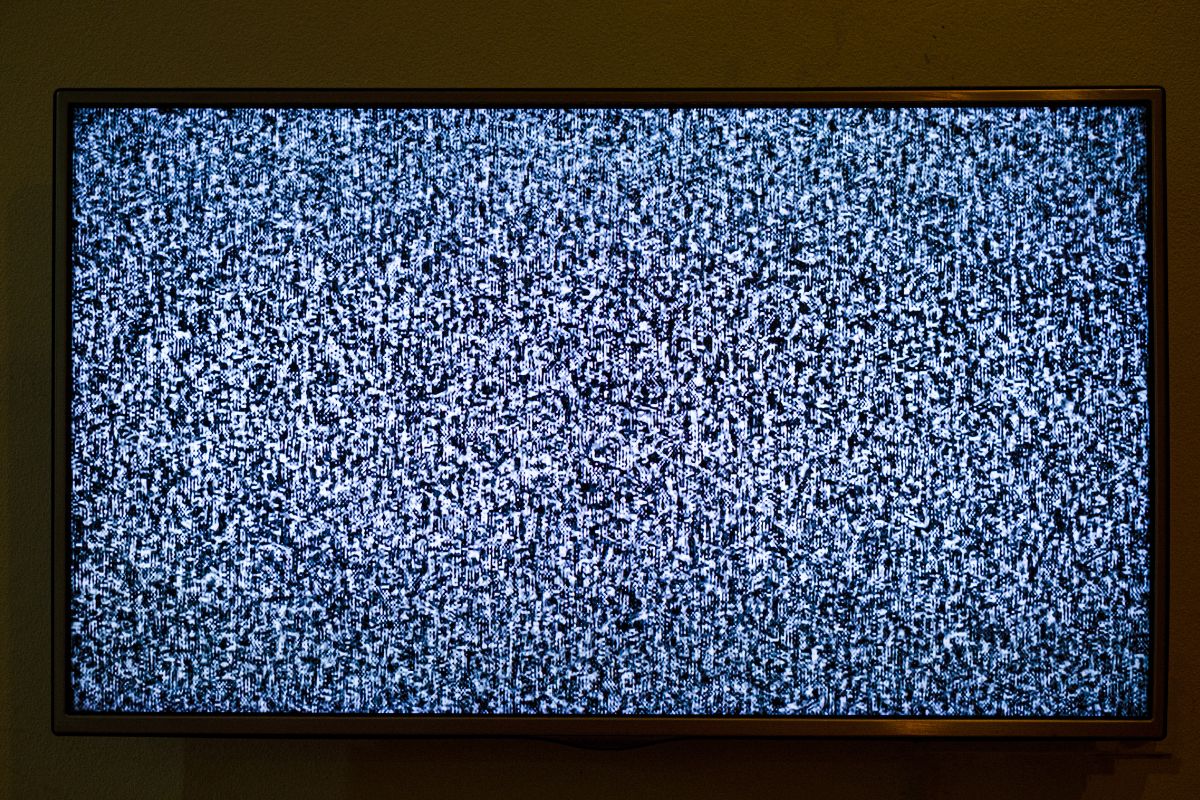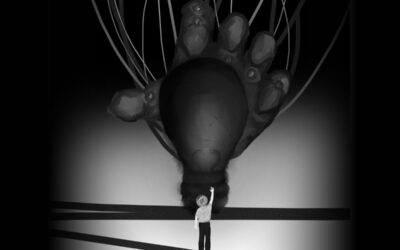On my internet feeds, there’s been a lot of controversy around the show Hazbin Hotel. The show follows the devil’s daughter as she tries to set up a place for sinners to redeem their souls. While the premise itself has people talking, the fourth episode, Masquerade, has been at the centre of most of these controversies. The episode focuses on the character Angel Dust, a demon who works in pornography. It establishes the relationship between him and his boss, Valentino, as a highly toxic one–one where Angel is regularly sexually assaulted for Valentino’s benefit.
Angel is trapped in a contract with the song Poison pushing that narrative forward. It touches on how his mistakes led to a cycle of self-destructive behaviour. People seem to think the episode doesn’t just fetishize, but endorses sexual assault. That couldn’t be farther from the truth. Sexual assault survivors have come forward saying that this makes them feel seen.
This example is only a small look at the modern lack of media literacy–the idea that many people in today’s society aren’t thinking critically or thoughtfully about the media they consume. This outrage and misconstrued ideas about Hazbin Hotel seems to demonstrate the overreaction that stems from people feeling uncomfortable, or not understanding the author’s intention, with certain themes. An even bigger issue occurs when heavily flawed characters are put on a pedestal.
The best example of this is Bojack Horseman’s titular character. I sympathize with each character more as I get older. But that’s because they’re complex, not because they’re good people. However, some people use Bojack’s cynicism as an excuse to take pride in similar behaviour. He’s a character they can relate to, but he’s meant to be a commentary on that part of our society. They actually say as much in season 5, having the character Diane call out Bojack after he starts relating to a heavily flawed character he’s portraying on TV.
It’s more egregious when studios miss the point of their own properties though. As is the case with Netflix and the hit show Squid Game. Squid Game is a series about the citizens of South Korea joining a game where they could either make millions or die trying. The series is a criticism of late-stage capitalism, commenting on the lengths people will go for money. Netflix then went on to do exactly what the show warned against and created Squid Game: The Challenge. Since the show started, multiple contestants have been injured beyond the waiver’s coverage and are suing the company. This could have been avoided by simply not making the gameshow.
Something I’ve seen on social media is the claim that you’re a bad person if you write a cruel villain. The argument I’ve seen is that by portraying those actions in writing, you’re endorsing them to some extent. And as a writer, I disagree. The primary antagonist in my current project is a genocidal maniac with a god complex. I’m a pacifist who’s only recently started to get over their self-esteem issues. We couldn’t be more different.
But my biggest gripe with media illiteracy is when people miss the point of something. By far the funniest example is the panic around Dungeons & Dragons in the 80s and 90s. People claimed that D&D was played by satan worshipers. Not only are demons evil in the game, but the most powerful class in the early editions of D&D, the Paladin, is a holy warrior. This came about because somebody has to control the villains. See, it always comes full circle.
Despite the 18+ age rating, One Million Moms is campaigning to have Hazbin Hotel removed from Amazon Prime, because their children might see it. They’ve had to edit the campaign after being informed the show’s meant for adults, not children. But it leads to another form of media illiteracy, that being that all animated shows are for kids. But I could write an entire other articles about parents using media as a babysitter or where this misconception around animation comes from.
This lack of media literacy isn’t new. We’ve talked about examples from the 80s, the 2010s and even a show that came out this year. So when you’re watching something, if you start to question if you should like a character, that might be the point.






